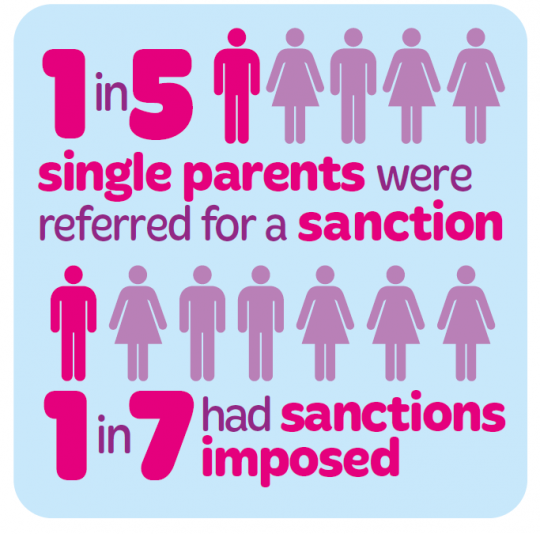Why conditionality is unnecessary, unjust and ineffective
Last updated: 30/06/2020
- Single parent,

This OPFS research shows the present benefits conditionality regime disproportionately affects vulnerable single parents, particularly those who have poor health or are disabled, often leaving them distressed, impoverished and reliant on food banks.
Key findings of the report are:
- Conditionality doesn’t work & isn’t necessary – Westminster should pilot alternatives to replace financial sanctions and current conditionality regime.
- Safeguards are not in place with resulting impact on family health & wellbeing – Scottish Government & partners should support and fund a national anti-stigma campaign to support single parents and others living with conditionality.
- Single Parents are being forced into inappropriate jobs – Scottish Government & partners should develop specific programmes of action within Fair Start Scotland to support single parents to access fair work.
Satwat Rehman, Director of OPFS, said:
“Our research involving interviews with single parents over a period of 2 years shows the current benefit conditionality regime, and the fear of being sanctioned, is resulting in worsening health, especially mental health, with resulting negative impacts on children.
Sticking stubbornly to the line that sanctions are necessary favours political convenience over effective policy. It ignores the unfair and disproportionate rules that don’t reflect the realities of single parents who are seeking paid work. It ignores the overstretched and under-trained advisers behind poor decision-making. It ignores a proper assessment of whether what government spends its money on actually makes any difference – other than making those with little even worse off.”
Download Full report Download Summary & key findings